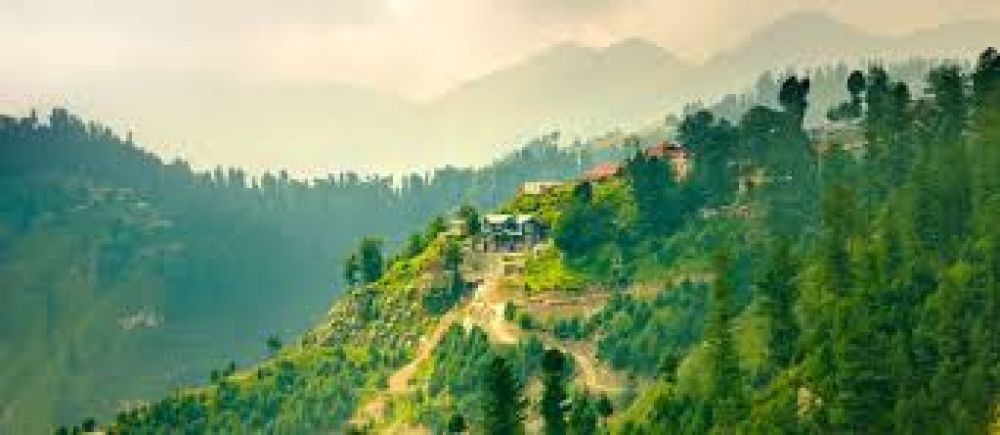

Nestled in the heart of the majestic Himalayan mountains, Ayubia National Park stands out as one of Pakistan's natural treasures. It's situated near Murree, a hill station that has been a popular tourist destination since the colonial era. The park was established in 1984 and covers an area of approximately 3,312 hectares. It is named after General Muhammad Ayub Khan, the second President of Pakistan.
Murree itself has a long-standing relationship with tourism, dating back to the 19th century when it served as a summer retreat for British colonialists looking to escape the heat of the Indian plains. It was developed by the British in the 1850s and quickly became known for its scenic views and cool climate. Over time, as Pakistan gained independence, these hill stations remained popular among local and international tourists.
The founding of Ayubia National Park further enhanced the region's appeal as it became a hub for wildlife enthusiasts, nature lovers, hikers, and families. The park is home to a rich biodiversity, including various species of flora and fauna. Notable wildlife includes the leopard, the Asiatic black bear, and various species of birds and plants.
Recently, Ayubia National Park and the Murree region have seen a shift in tourism trends. There is a growing emphasis on ecotourism and sustainable practices to preserve the natural environment. Tourists are becoming more interested in experiencing nature up close, indulging in activities like bird watching, trekking, and nature walks.
The government and local organizations are working on infrastructure improvements while trying to minimize the ecological footprint. One popular attraction within Ayubia National Park is the Pipeline Track, which is known for its beautiful walkway that passes through lush greenery and offers splendid views of the surrounding mountains.
Moreover, there is an increased digital presence with virtual tours and online booking facilities. This has made it easier for visitors to plan their trips and explore what the park has to offer before their visit. Accommodation in the form of guesthouses and hotels is developing around the park, with a focus on eco-friendly services.
In recent years, conservation efforts have become a cornerstone of the park's management. There are initiatives to train local communities in sustainable tourism practices and to involve them in conservation activities. This not only helps in preserving biodiversity but also ensures that tourism benefits local economic development.
As a destination of immense natural beauty and rich historical context, Ayubia National Park continues to shine as a beacon for those seeking to explore the serene and untouched landscapes of Pakistan's mountainous regions.